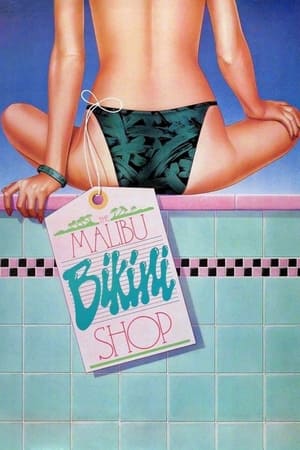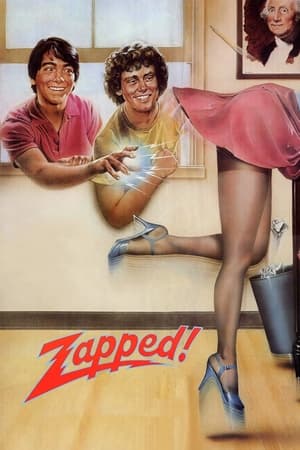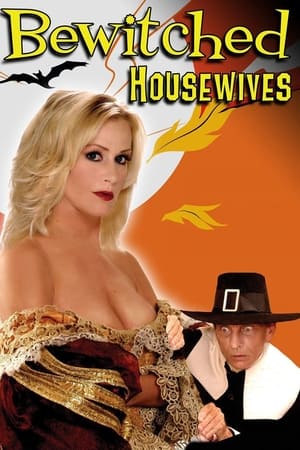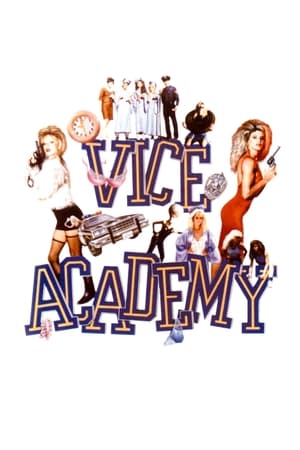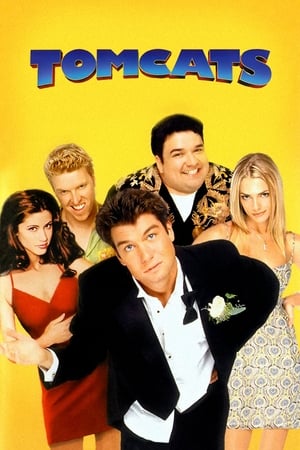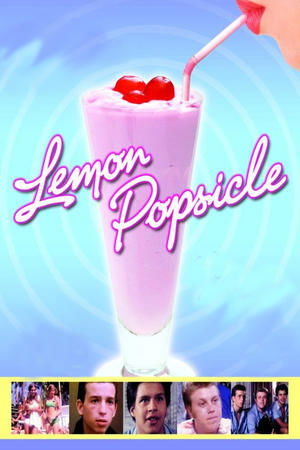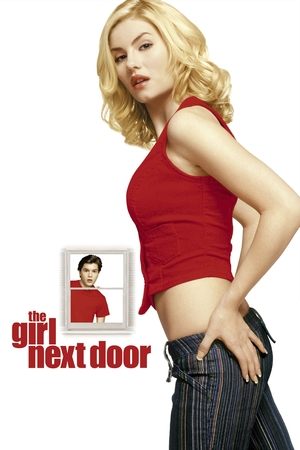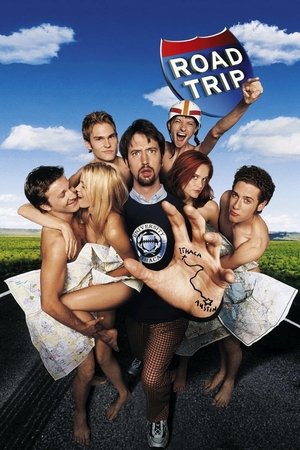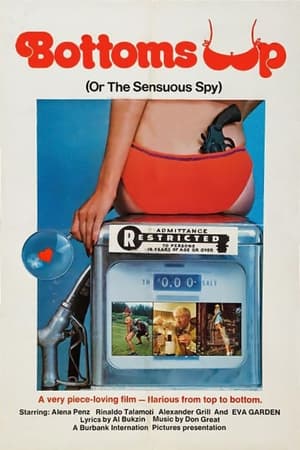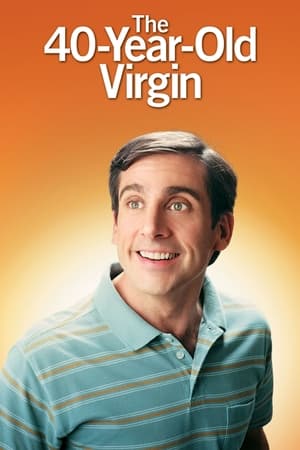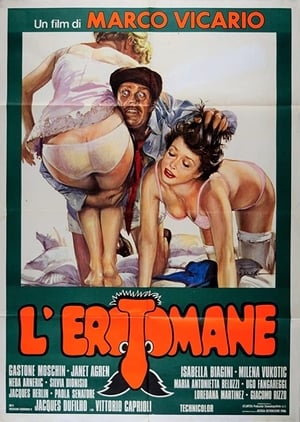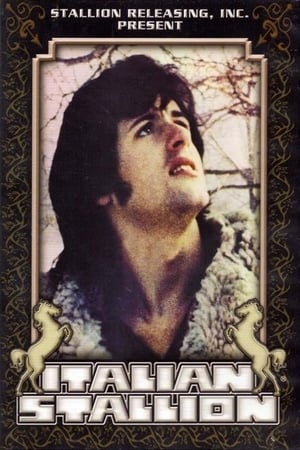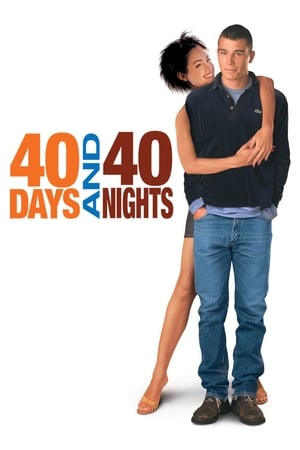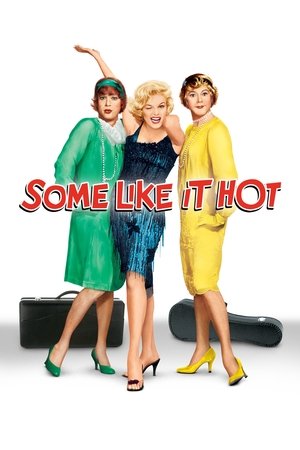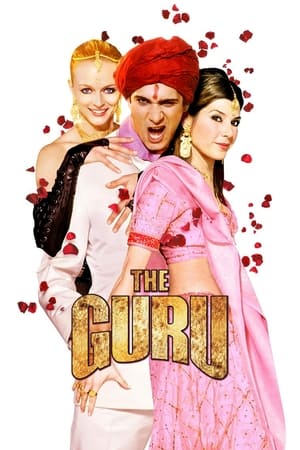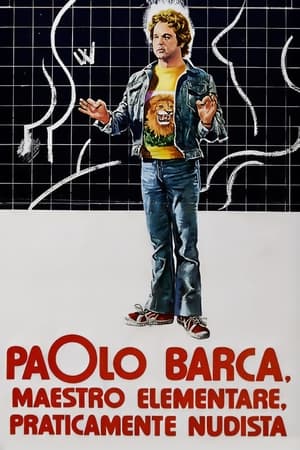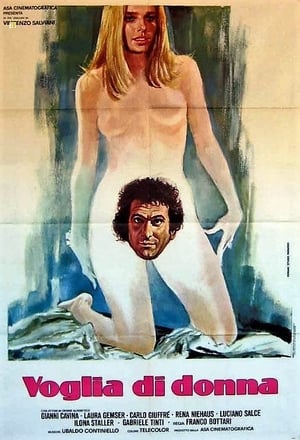Overview
The seven stages in the life of the modern Frenchwomen are disclosed by seven directors in a witty way: 1 - Childhood, 2 - Adolescence, 3 - Virginity, 4 - Marriage, 5 - Adultery, 6 - Divorce, 7 - The Single Woman.
Reviews
**Love and the Frenchwoman (1960)**
In France in 1960, seven sketches on the stages of a woman's love life.
---
**1 - Childhood** by _Henri Decoin_
Gisèle Bazouche, aged 9, asks her parents "how children come". Unsure of what to tell her, they, the concierges of a Paris apartment building, enlist the help of several tenants: a prostitute, a colonel and a teacher.
---
**2 - Adolescence** by _Jean Delannoy_
Bichette Martin experiences her first adolescent emotions. Shy in front of the family doctor, she's much less so on the beach. Her parents don't know what to do to stop her kissing boys. At the same time, she's dreaming of Prince Charming, in the most modern of forms.
---
**3 - Virginity** by _Michel Boisrond_
Young Ginette is engaged to François. François is annoyed, because Ginette, still a virgin, wants to wait until she's married to make a move. The lovebirds finally decide to consummate after a night out.
---
**4 - Marriage** by _René Clair_
On their honeymoon train, newlyweds Line and Charles start bickering over peccadilloes and become jealous of each other for even the slightest glance or smile exchanged with other passengers.
---
**5 - Adultery** by _Henri Verneuil_
Nicole is devastated by her husband Jean-Claude, a man full of himself. She starts flirting with Gilles, a young flirt. Jean-Claude discovers their relationship by chance and puts an end to it, while continuing his discreet adulterous relations...
---
**6 - Divorce** by _Christian-Jaque_
Danielle and Michel divorce, promising to stay on good terms. Their lawyers and the family will take it upon themselves to create grievances and turn their relationship into an internal struggle.
---
**7 - A Woman Alone** by _Jean-Paul Le Chanois_
A con man, Désiré, uses his seductive talents to fleece three single women.
---
The film was a public success at the time, selling 3,056,736 tickets in France.
For Jean de Baroncelli, "two are particularly successful: _Marriage_ directed by René Clair, masterfully chiseled, crafted and moving, and _Adultery_ directed by Henri Verneuil, which owes much of its piquancy to the dazzling performances of Paul Meurisse, Jean-Paul Belmondo and Dany Robin".
The film was the brainchild of producer Robert Woog and screenwriter Jacques Rémy, who were planning a film on the behavior of French women in love, and for this purpose asked the French Institute of Public Opinion (credited "IFOB" in the film): a survey was conducted among one thousand and fifty young women and men between the ages of 15 and 50 on seven themes:
* (1) Childhood and the awakening of sexual curiosity
* (2) Adolescence
* (3) Virginity to be preserved or not
* (4) Marriage
* (5) Adultery
* (6) Divorce
* (7) Loneliness experienced by many women
The seven sketches are a cinematic illustration of the seven chapters of this study. That's why the text linking the pictures repeatedly returns to the statistical vision of the subject.

 143 min
143 min
 4.545
4.545
 1960
1960
 France
France
 Sigmund Kühßeir wrote:
Sigmund Kühßeir wrote: